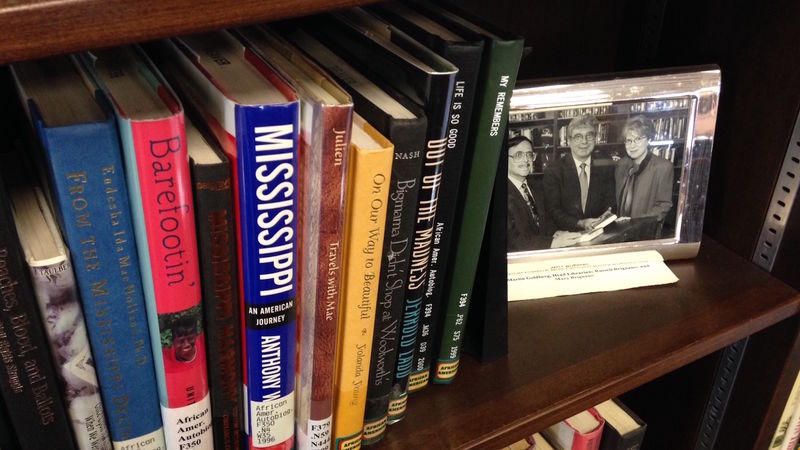In their own words
In honor of Black History Month, a reminder that Beaver's African-American autobiography collection - the only one of its kind in the university system - is open to the public through a community borrower's card.
By: April Johnston


